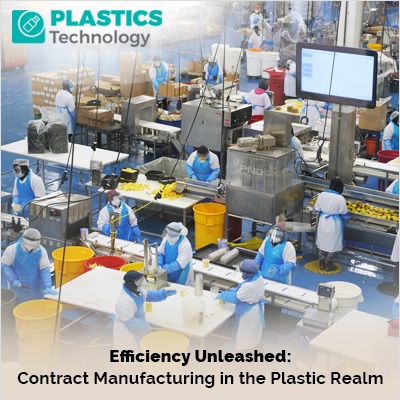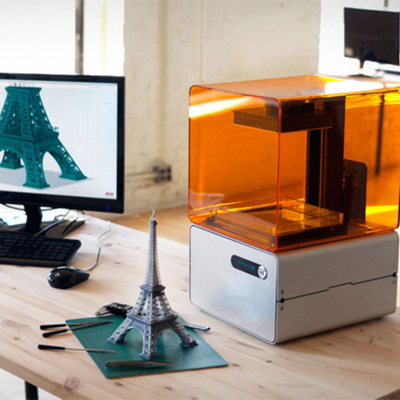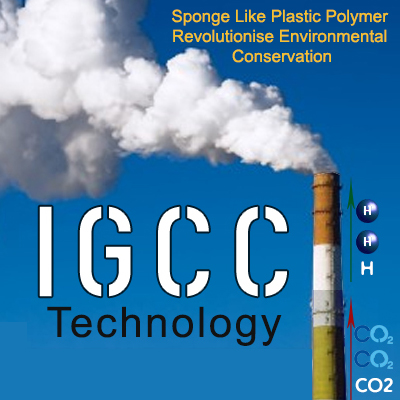Efficiency Unleashed: Contract Manufacturing in the Plastic Realm

In the dynamic world of plastics manufacturing, efficiency is not just a goal but a necessity. Contract manufacturing plays a pivotal role in unleashing efficiency in the plastic realm, driving innovation, streamlining production processes, and meeting the diverse needs of industries. This article explores the concept of contract manufacturing in plastics, its benefits, challenges, best practices, and future trends.
I. Understanding Contract Manufacturing in Plastics
Contract manufacturing involves outsourcing production processes to third-party manufacturers. In the plastics industry, this approach allows companies to leverage specialized expertise, equipment, and resources without the need for heavy investments in infrastructure. Plastic contract manufacturers offer a range of services, including design, prototyping, molding, assembly, packaging, and logistics.
II. Benefits of Contract Manufacturing in Plastics
Cost Efficiency
One of the primary advantages of contract manufacturing is cost efficiency. By outsourcing production to specialized facilities, companies can reduce overhead costs associated with equipment maintenance, labor, and facility management. This cost-saving benefit enables companies to allocate resources strategically, focusing on core competencies and growth initiatives.
Expertise and Innovation
Contract manufacturers in the plastics industry bring specialized expertise and experience to the table. They often invest in cutting-edge technologies, advanced materials, and innovative processes to deliver high-quality products efficiently. Collaborating with these experts fosters innovation, allowing companies to stay ahead in a competitive market by accessing the latest advancements in plastic manufacturing.
Scalability and Flexibility
Contract manufacturing offers scalability and flexibility, essential in meeting fluctuating market demands. Companies can scale production up or down based on market trends, seasonal variations, or project requirements without major disruptions to their operations. This flexibility ensures efficient resource utilization and optimal production output.
Focus on Core Competencies
Outsourcing manufacturing tasks allows companies to focus on their core competencies, such as research and development, marketing, and customer engagement. By delegating production responsibilities to contract manufacturers, companies can streamline operations, improve productivity, and drive overall business growth.
Risk Mitigation
Contract manufacturing also helps mitigate risks associated with capital investments, market uncertainties, and supply chain disruptions. By partnering with reliable and experienced contract manufacturers, companies reduce the risks of production delays, quality issues, and cost overruns, ensuring smoother operations and customer satisfaction.
III. Challenges and Best Practices
While contract manufacturing offers numerous benefits, it also comes with its challenges and requires adherence to best practices for successful outcomes.
Challenges:
Quality Control: Ensuring consistent product quality across different manufacturing facilities and processes can be a challenge. Robust quality control measures, including regular inspections, testing, and audits, are crucial.
Communication and Collaboration: Effective communication and collaboration between the contracting company and the manufacturer are essential for aligning expectations, timelines, and deliverables. Clear documentation, regular meetings, and transparent reporting mechanisms help in fostering strong partnerships.
Intellectual Property Protection: Protecting intellectual property rights is critical when outsourcing manufacturing processes. Robust legal agreements, non-disclosure agreements (NDAs), and confidentiality measures safeguard sensitive information and innovations.
Supply Chain Management: Managing the supply chain, including raw material procurement, inventory management, and logistics, requires careful coordination and planning to avoid disruptions and delays.
Best Practices:
Due Diligence: Conduct thorough due diligence when selecting contract manufacturing partners. Evaluate their expertise, capabilities, track record, certifications, and compliance with industry standards.
Clear Agreements: Establish clear contractual agreements detailing expectations, responsibilities, quality standards, timelines, pricing structures, and intellectual property rights. Ensure legal compliance and clarity to avoid misunderstandings.
Quality Assurance: Implement robust quality assurance processes, including quality control checks, inspections, testing protocols, and performance monitoring. Continuously assess and improve quality standards to meet customer expectations.
Collaborative Approach: Foster a collaborative approach with contract manufacturers, emphasizing open communication, mutual trust, and transparency. Regularly review progress, address issues promptly, and work together towards continuous improvement.
Risk Management: Develop comprehensive risk management strategies to address potential challenges such as supply chain disruptions, regulatory changes, market fluctuations, and technological advancements. Anticipate risks, mitigate them proactively, and have contingency plans in place.
IV. Future Trends in Contract Manufacturing for Plastics
The future of contract manufacturing in the plastic realm is shaped by technological advancements, sustainability initiatives, and evolving market dynamics.
Digital Transformation
The integration of digital technologies such as IoT (Internet of Things), AI (Artificial Intelligence), and automation is revolutionizing contract manufacturing. Smart factories equipped with connected devices and data analytics tools optimize production processes, enhance efficiency, and enable real-time monitoring and decision-making.
Sustainable Practices
Environmental sustainability is a key focus area in contract manufacturing. Companies are increasingly adopting eco-friendly materials, recycling technologies, and energy-efficient processes to reduce carbon footprints and promote circular economy principles. Sustainability certifications and initiatives are becoming standard requirements in supplier selection.
Customization and Personalization
Demand for customized and personalized plastic products is on the rise. Contract manufacturers are leveraging advanced molding techniques, 3D printing capabilities, and digital design tools to offer tailored solutions to diverse industries such as automotive, healthcare, consumer electronics, and packaging.
Supply Chain Resilience
Building resilient supply chains is critical in mitigating global disruptions such as pandemics, geopolitical tensions, and natural disasters. Contract manufacturers are diversifying sourcing strategies, enhancing supplier relationships, and implementing agile logistics solutions to ensure continuity and adaptability.
Regulatory Compliance
Stringent regulatory requirements in the plastics industry, including safety standards, material regulations, and waste management guidelines, drive contract manufacturers to uphold compliance and transparency. Adhering to regulatory frameworks, certifications, and ethical practices is imperative for long-term sustainability and market credibility.
Conclusion
Contract manufacturing in the plastic realm is a strategic approach that unlocks efficiency, innovation, and competitiveness for companies across industries. By harnessing the expertise of specialized manufacturers, embracing best practices, and embracing future trends, businesses can navigate challenges, optimize production processes, and deliver value-added solutions to meet evolving market demands. Efficient contract manufacturing not only drives operational excellence but also fosters sustainable growth and industry leadership in the dynamic world of plastics manufacturing.



